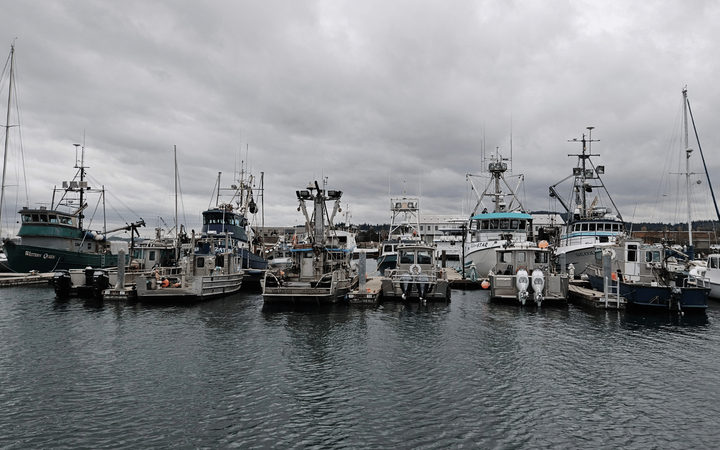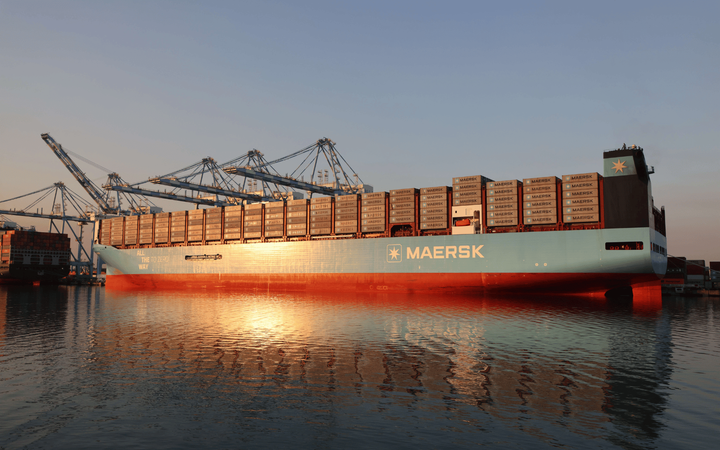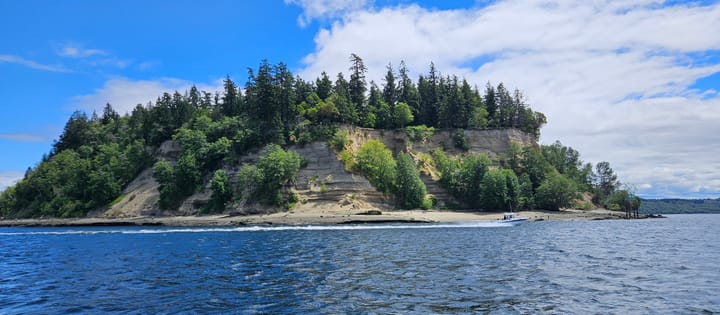Ships asked to slow down, expanding the Seattle USCG base and a regatta carbon calculator
🤫 Shhhh…the Quiet Sound slowdown trial is underway
A voluntary ship slowdown is in effect on Puget Sound from now until Dec. 22. The “Quiet Sound” trial began Oct. 24 and asks larger commercial vessels to slow down “when safe and operationally feasible to do so.” Slowing down reduces the amount of underwater noise created by these vessels. The primary incentive is to reduce interference with southern resident orcas’ communication and hunting.
This program exemplifies the complexities of our waterways shared by commercial vessels and endangered native species, plus many other vessels and marine life in between. I am curious if slower commercial vessels would also benefit smaller craft, different species and eroding shorelines along Puget Sound. The voluntary nature of the program is also notable.
Related: Protecting Blue Whales and Blue Skies is a voluntary vessel speed reduction program along the California coast.
🚢 U.S .Coast Guard proposing to expand its Seattle base
The U.S. Coast Guard is looking to grow in Seattle. As part of that process, it released an environmental impact statement which outlines four routes USCG could take. The preferred alternative would involve acquiring acreage and berths from the Port of Seattle.
The document says the potential expansion is necessary “to address substantial existing deficiencies with facilities and infrastructure at Base Seattle that hamper the efficient execution of Coast Guard missions.”
🧮 Seattle sailors develop a new carbon calculator for regattas
Sailing regatta race reports are written for a very niche, but enthusiastic, audience. They often don’t make my recommended reading list but this recap of Tasar Worlds held on Puget Sound by John Renehan included a couple fun tidbits.
For the international regatta, entirely organized by volunteers, the Seattle Tasar fleet worked with a Seattle University graduate student to develop a regatta carbon footprint calculator. Future regatta organizers can request a free copy of the calculator to use for their own events and continue to build on this work.
Tasar Worlds in Seattle also became the first major championship to use MarkSetBot robotic race marks which allowed competitors to race in parts of Puget Sound that are so deep using traditional marks with anchors is extremely difficult if not impossible.



